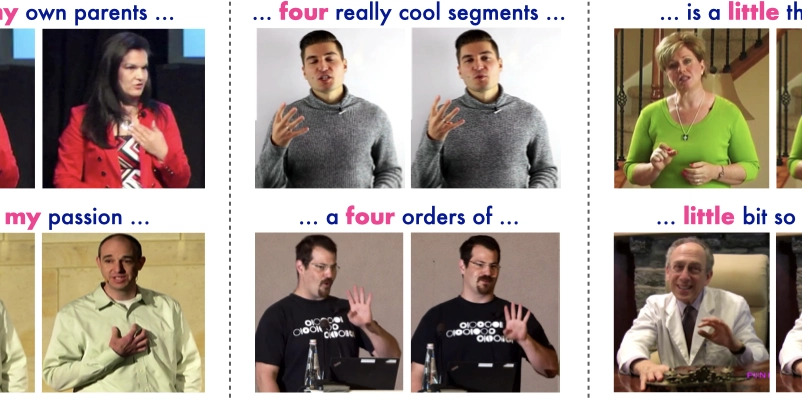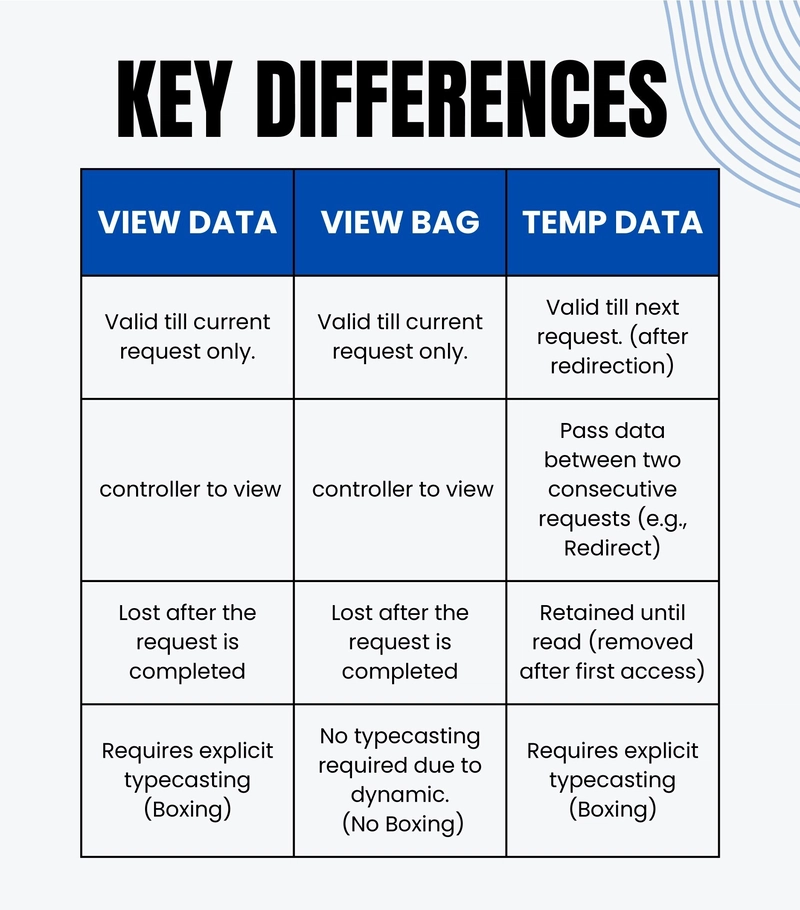Python 3.10 | Match Statement - A More Flexible Switch
Also published on my personal blog (in Chinese). Python 3.10 | Match Statement - 更靈活的 switch Overview When I first started learning Python, I was surprised to find that there was no switch statement available. Fortunately, starting from Python 3.10, Python introduced its own version of switch—Structural Pattern Matching. So, what is Structural Pattern Matching? Compared to C++'s switch, I find it more similar to C#'s Pattern Matching. Here's a simple example: is_perform = False match ("anon", "soyorin"): # Mismatch case 'tomorin': print('組一輩子樂團') # Mismatch: soyorin != rana case ("anon", "rana"): print('有趣的女人') # Successful match, but guard fails case ("anon", "soyorin") if is_perform: print('為什麼要演奏春日影!') # Matches and binds y to "soyorin" case ("anon", y): print(f'愛音,{y} 強到靠北') # Pattern not attempted case _: print('我還是會繼續下去') # 愛音,soyorin 強到靠北

Also published on my personal blog (in Chinese).
Python 3.10 | Match Statement - 更靈活的 switch
Overview
When I first started learning Python, I was surprised to find that there was no switch statement available. Fortunately, starting from Python 3.10, Python introduced its own version of switch—Structural Pattern Matching.
So, what is Structural Pattern Matching? Compared to C++'s switch, I find it more similar to C#'s Pattern Matching.
Here's a simple example:
is_perform = False
match ("anon", "soyorin"):
# Mismatch
case 'tomorin':
print('組一輩子樂團')
# Mismatch: soyorin != rana
case ("anon", "rana"):
print('有趣的女人')
# Successful match, but guard fails
case ("anon", "soyorin") if is_perform:
print('為什麼要演奏春日影!')
# Matches and binds y to "soyorin"
case ("anon", y):
print(f'愛音,{y} 強到靠北')
# Pattern not attempted
case _:
print('我還是會繼續下去')
# 愛音,soyorin 強到靠北









































































































































































![[The AI Show Episode 142]: ChatGPT’s New Image Generator, Studio Ghibli Craze and Backlash, Gemini 2.5, OpenAI Academy, 4o Updates, Vibe Marketing & xAI Acquires X](https://www.marketingaiinstitute.com/hubfs/ep%20142%20cover.png)


























































































































![[FREE EBOOKS] The Kubernetes Bible, The Ultimate Linux Shell Scripting Guide & Four More Best Selling Titles](https://www.javacodegeeks.com/wp-content/uploads/2012/12/jcg-logo.jpg)



![From drop-out to software architect with Jason Lengstorf [Podcast #167]](https://cdn.hashnode.com/res/hashnode/image/upload/v1743796461357/f3d19cd7-e6f5-4d7c-8bfc-eb974bc8da68.png?#)







































































































.png?#)




.jpg?#)




















 (1).webp?#)











_Christophe_Coat_Alamy.jpg?#)








































































































![Rapidus in Talks With Apple as It Accelerates Toward 2nm Chip Production [Report]](https://www.iclarified.com/images/news/96937/96937/96937-640.jpg)








































































































































